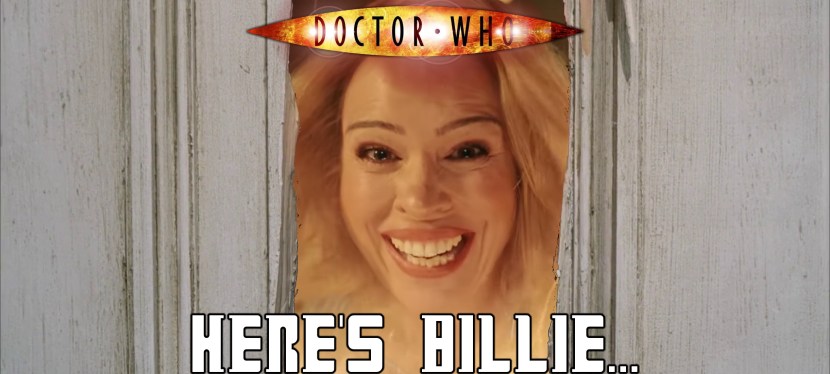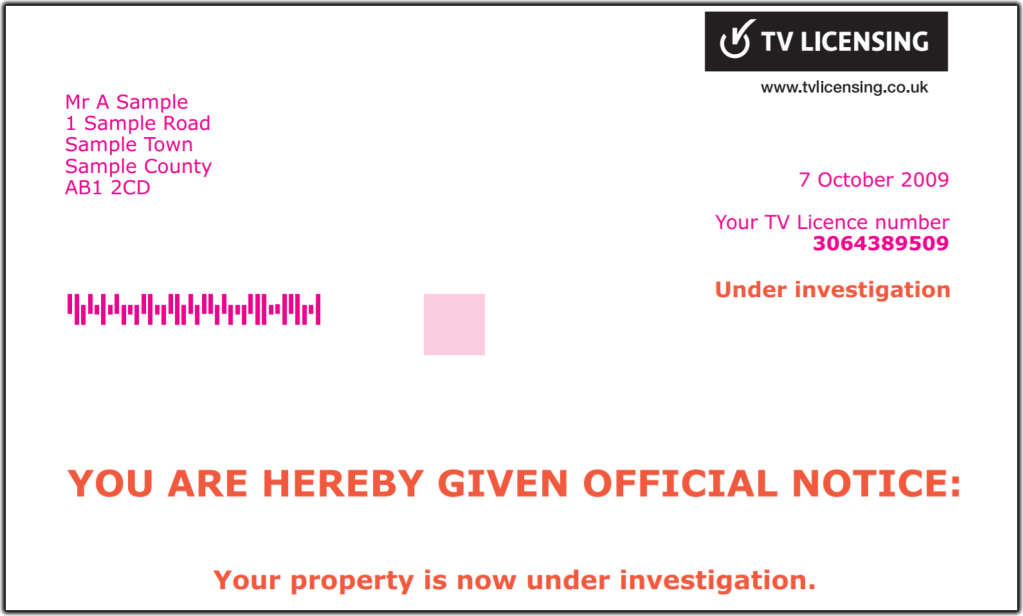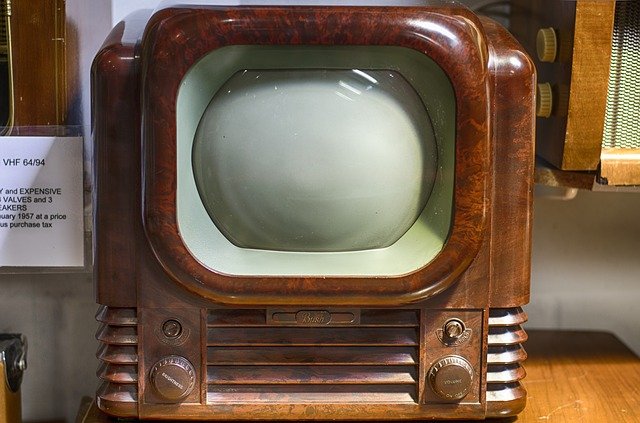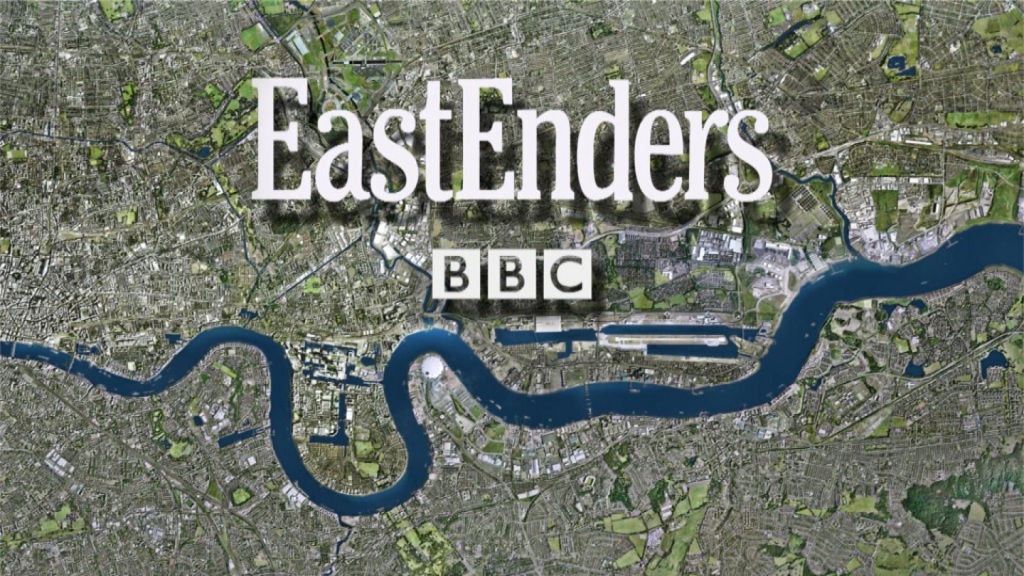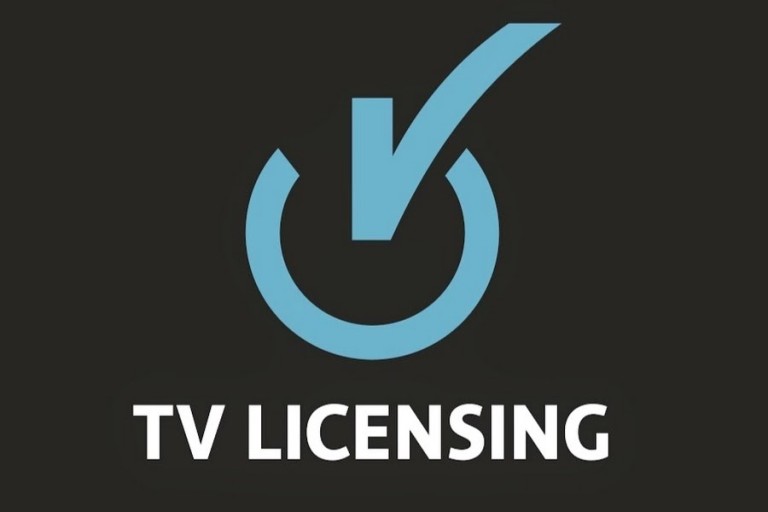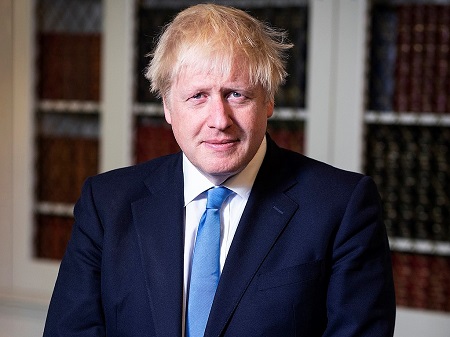
Spoiler Warning: There are spoilers ahead for Doctor Who, including the finale of Season 15.
Almost five years ago, I wrote a piece here on the website titled Another New Doctor Won’t Fix Doctor Who. In that article, I argued that the revived series had pretty much run its course. The Doctor’s old adversaries were played out and had lost their fear factor, new villains were bland and forgettable, and the quality of the writing – particularly when it came to companions, but also for villains and even the Doctor – seemed to have taken a nose-dive. So… have the most recent seasons and specials changed my mind about that? I bet you’ve already guessed my answer from the title of this piece!
I’ll hold up my hands and openly admit that I’m no longer a regular Doctor Who viewer. I’m approaching this subject as an ex-fan; a viewer who’d be willing to come back if things changed, but not someone who regularly tunes in any more. If that makes my take somehow less valid to you… that’s totally okay. But I wanted to be up front about where I stand before we go any further. As I like to say, all of this is the subjective, not objective, opinion of just one critic!
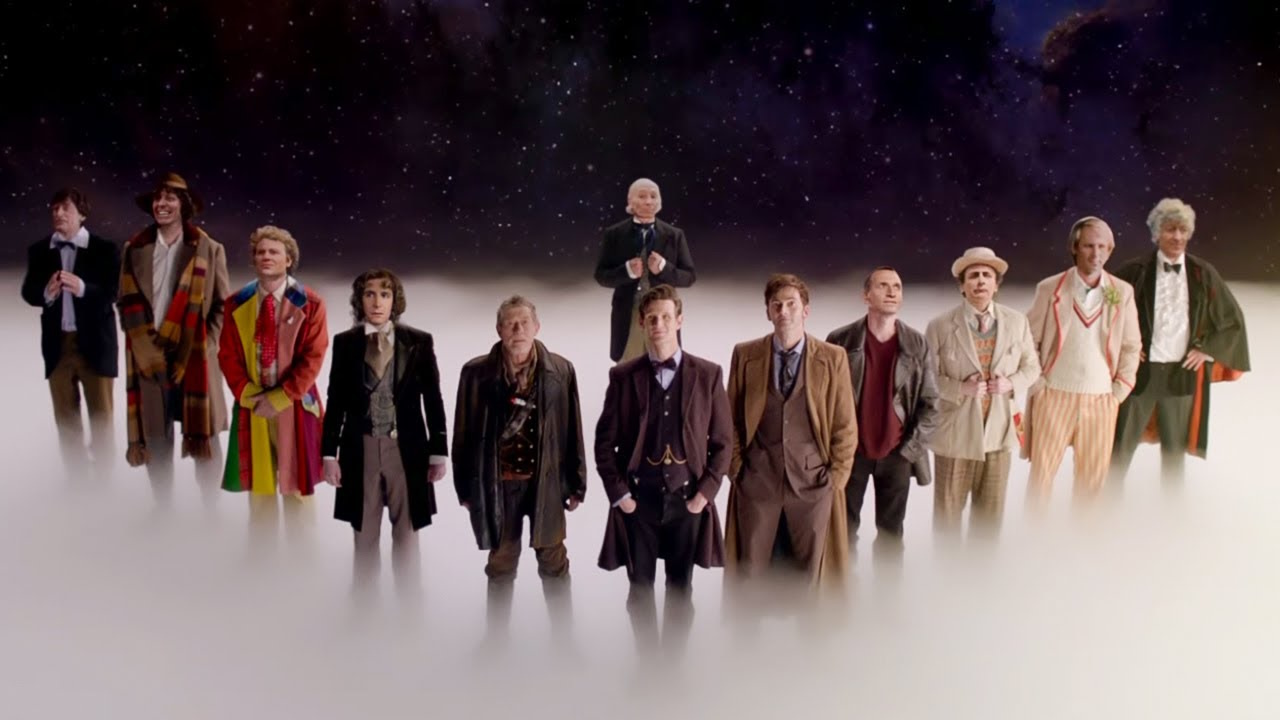
When it was announced a couple of years ago that David Tennant would be reprising his role – not for a crossover with Jodie Whittaker’s Doctor, nor for a special episode set in an earlier era – I rolled my eyes so far back in my head that I thought I’d gone blind. Nothing screams “desperation” quite like trying to bring back a long-dead character… and for all intents and purposes, regeneration in Doctor Who is akin to “death” for that incarnation of the character. Tennant’s return to the role smacked of a desperate attempt to play the nostalgia card by a showrunner and writers who’d run out of ideas.
Disney recently stepped up to partially fund Doctor Who’s production, with the expectation that new episodes would air on Disney+ around the world. That investment gave the show a significantly higher budget, but it will have come with expectations or even demands from Disney to meet certain viewership milestones. Tennant’s return can certainly be seen through that lens; Doctor Who’s writers recognised that something hadn’t been working really since Matt Smith’s departure all the way back in 2013, and tried to course-correct the only way they knew how. It didn’t work, and that’s putting it mildly.
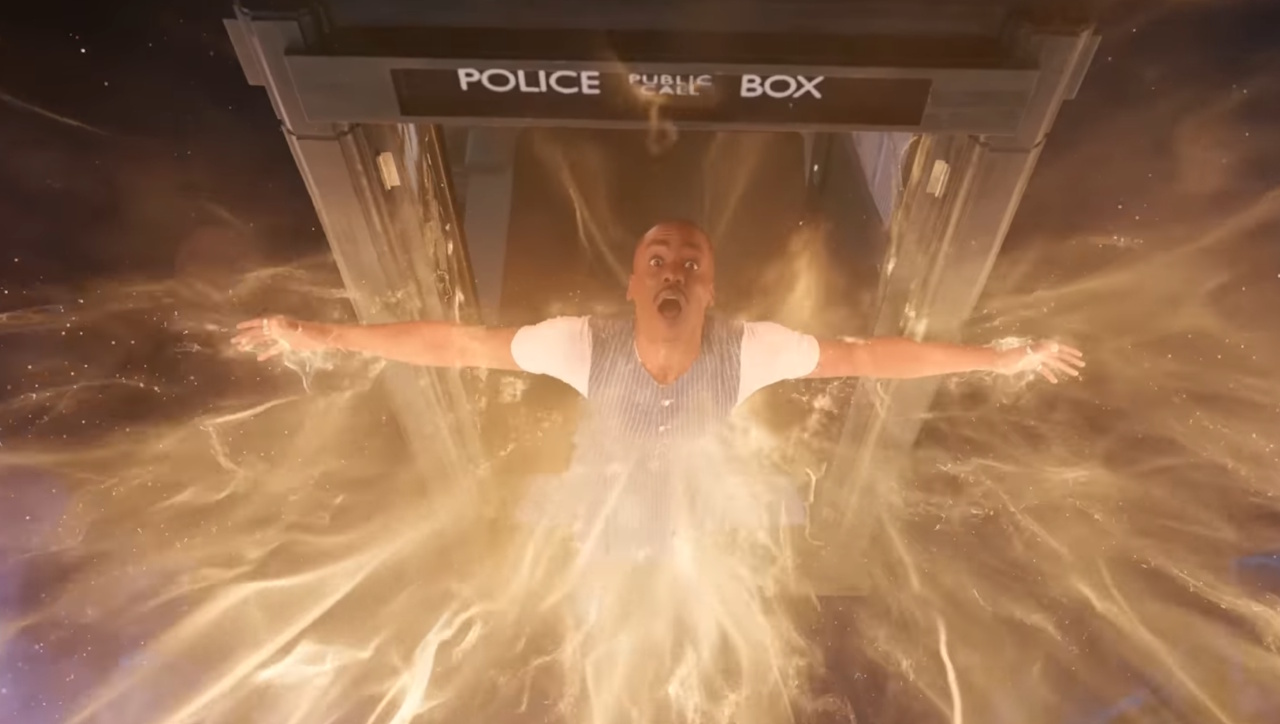
Billie Piper, who played Rose Tyler in the first couple of seasons of the revived Doctor Who, appeared at the end of the most recent season finale – apparently as a new incarnation of the Doctor. As with Tennant’s return above, this smacks of utter desperation and a flailing attempt to use fan-service to bring back the show’s wayward viewers. As one such wayward viewer, I wanted to share my thoughts on this move… and why I don’t expect it’ll work.
The first and most obvious thing to say is this: stories end. Every story has a natural lifespan, and when character arcs are complete, storylines are played out, and there’s nowhere left to go… that’s it. It’s time for the curtain to fall, the credits to roll, and everyone involved to move on. Given the lack of success and dwindling viewership Doctor Who has been finding of late… the show’s at that point. To be blunt, it’s been there for a while. And while there have been creditable attempts to revive its fortunes, these just haven’t worked and the decline has continued.
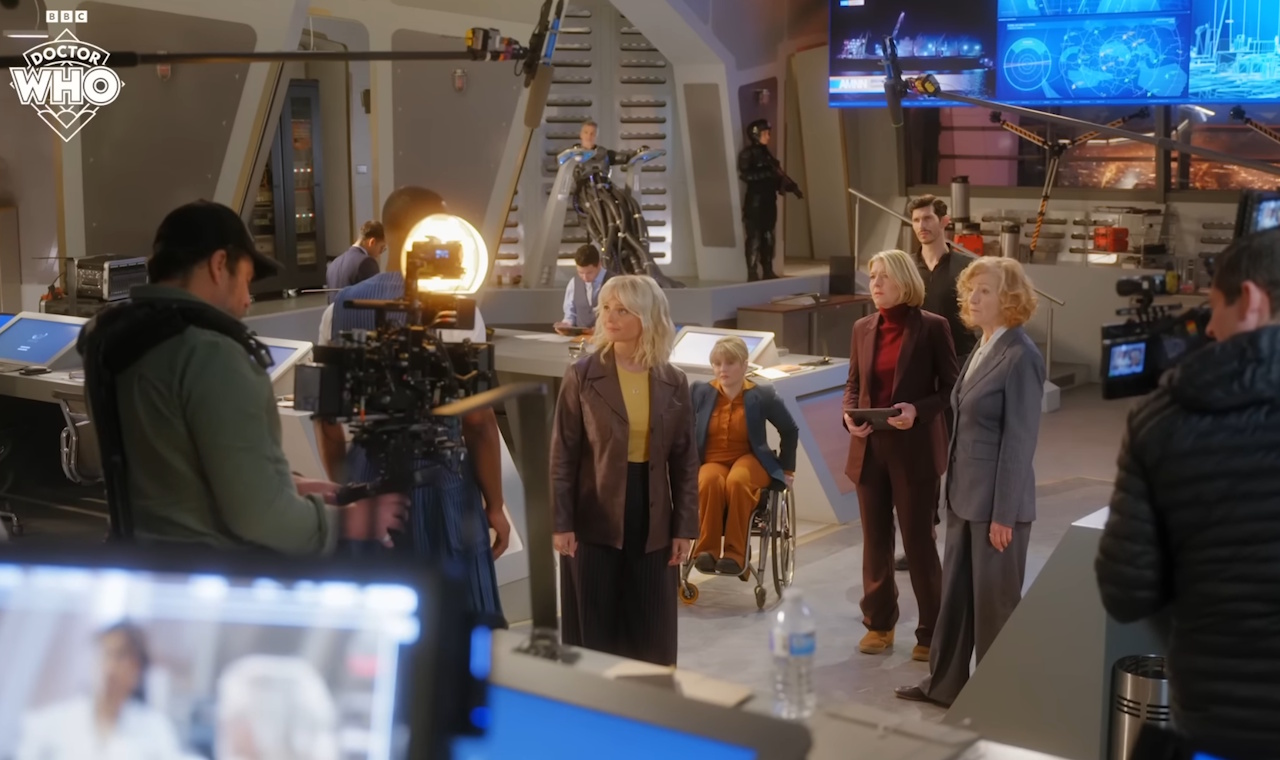
This is not meant to be an attack on any of the actors involved in recent seasons of Doctor Who, nor of casting decisions, either. On the contrary, I think both Jodie Whittaker and Ncuti Gatwa are fine performers, and from what I saw of them in the title role, they gave it their all. But some actors are too late to the party, arriving too late into a show’s run to have an impact. Peter Capaldi will forever be my case study in that regard; he was, in my view, pretty much the perfect actor to play the ancient time-traveller, but he got absolutely awful, boring, and uninspired stories for pretty much his entire time in the Tardis.
Some fans may be happy with Billie Piper’s return and the idea of some kind of Rose-Doctor hybrid. I don’t really engage much with the “Whoniverse” fandom online, so I’m not really in a position to judge. But her return isn’t just about pleasing hard-core fans; it’s much more cynical than that. It’s an attempt to shine a spotlight on Doctor Who and to convince lapsed viewers to give the series a second (or third) look. But it’s also an admission from the showrunner and writers that there are no more original ideas in that writing room; that the only thing they can think of is to recycle actors and characters over and over again. When Billie Piper’s done in the Tardis, who’s coming back next? Matt Smith? Noel Clarke?

I stand by what I said almost five years ago: if there’s no one at the BBC (or Disney) with a genuinely good, original idea any more, then the show should take a break. Time has flown by, but it’s been twenty years – two entire decades – since Doctor Who returned to our screens in 2005, and this incarnation of the show just feels like it’s run its course and has had everything possible thrown at it. With ratings in what seem to be a terminal decline, putting the brakes on before any more harm is done to the brand is arguably the least-bad course of action.
Doctor Who has huge spin-off potential, though, so I don’t believe the end of the main series needs to mean the abandonment of the “Whoniverse.” I wouldn’t like to say what the hard-core fandom might be interested in, but speaking for myself, I’d certainly be interested in a miniseries or film set during the Time War, potentially building on the excellent 50th anniversary special from 2013. There are other spin-off ideas, too, like a series following UNIT or even a revival of Torchwood.
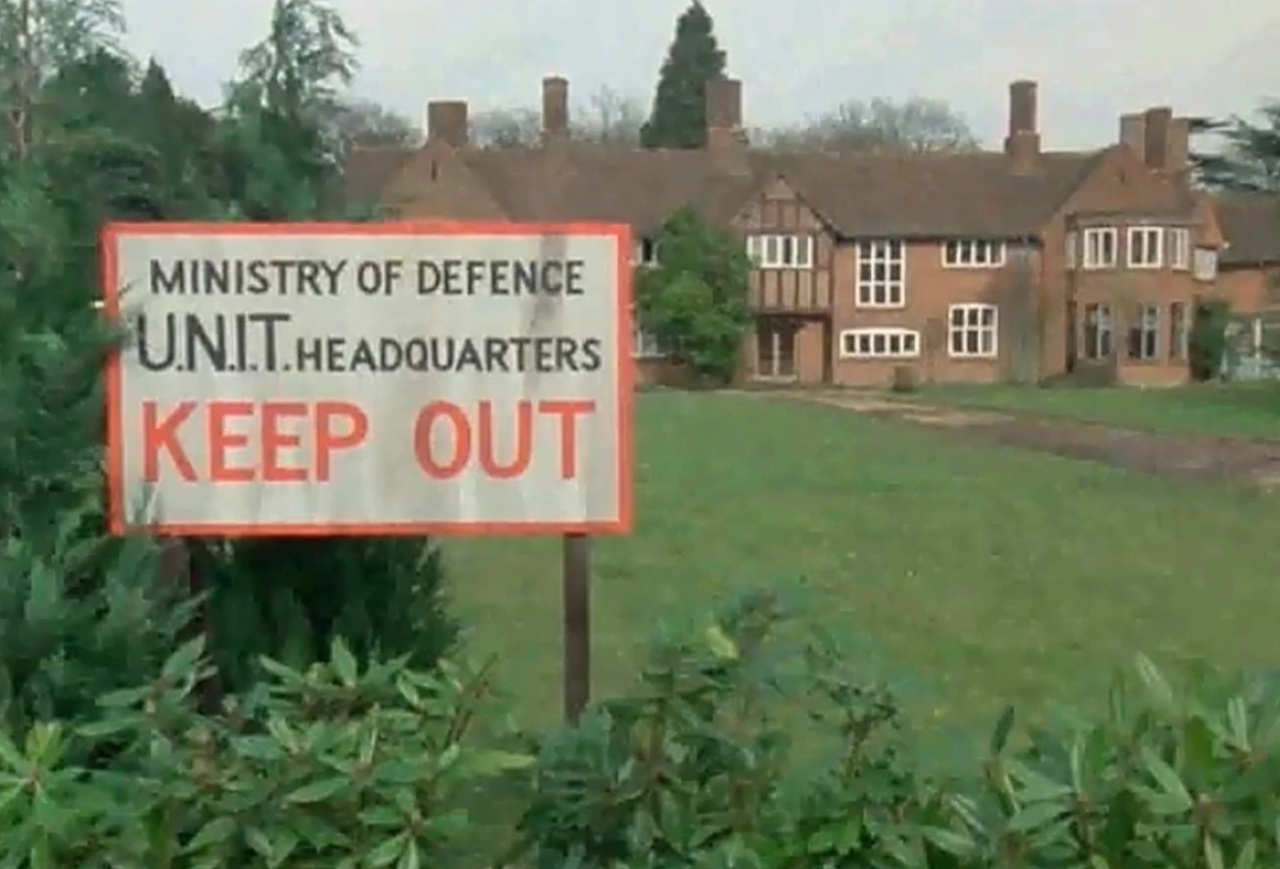
But for the main series? This should really be the end. Billie Piper’s return is the clearest indication yet that the writers have completely run out of ideas, and it’s genuinely sad to see one of the sci-fi genre’s oldest institutions reduced to this bland, uninspired, fan-servicey slop. In theory I get it: you’ve tried new things and they haven’t worked, so retreat to familiar ground and give the fans some “red meat;” something you’re sure will attract attention and get people talking. But it’s just so… empty. So hollow and pathetic, and so very far away from the excellence that was on show in 2005.
Nowadays, it seems as if well-established programmes and franchises aren’t allowed a dignified end. They must be strung out at all costs until every last ounce of value has been extracted from them, no matter the implications for fans and viewers. In the age of streaming, big corporations want well-known names and brands to pad out the lineup on their platforms, and it seems to me that Doctor Who has fallen victim to both of these malicious entertainment industry trends. It isn’t Billie Piper’s fault, by the way, any more than it was Ncuti Gatwa’s, Jodie Whittaker’s, Peter Capaldi’s, or David Tennant’s. She just happens to embody the failure of Doctor Who’s writing, ambition, and overall direction in this moment.

I’m not going to watch Doctor Who for the foreseeable future. And I was a bit of a Billie Piper fan back in the day; I bought her album Honey to the B back in 1998! But her return to this series at this moment feels unnecessary, forced, and like a total desperation play by writers who are out of their depth and out of ideas. Maybe there’s a way for Doctor Who to ride out this current slump and come back stronger – but if there is, it’ll take a total overhaul on the production side, not just a particularly egregious example of stunt casting.
This is usually the point where I’d tell you that I’ve been wrong about these things before and I’ll keep my ear to the ground when Doctor Who returns to see what Billie Piper’s role will be and what her take on the Doctor might look like. But the truth is… I don’t think there’s any realistic chance that the next season of the show will be any better than the last few. Whether Billie Piper is going to be present for a one-off special or a whole season, I don’t think it matters. The series has already lost pretty much everything that made it work, and desperately bringing back a long-gone actor in a way that doesn’t make sense or line up with anything in-universe just… isn’t gonna change that.

As a Brit, I want to see British entertainment properties and brands succeed. There’s a weird sense of pride in something like Doctor Who; a series that used to be able to hold its own in a genre dominated by American brands with significantly higher budgets. But I’d rather see the money being thrown at the show invested elsewhere, perhaps giving a new sci-fi or fantasy series a chance. Doctor Who did some great things in both its original incarnation and after its 2005 revival. But in both cases… it ran out of steam. And just as happened in the late ’80s, it’s time to recognise that. It’s time to put the show to bed for a while. Maybe in another fifteen or twenty years, a new generation of writers who grew up on the revival will come in with fresh ideas and the Doctor and the Tardis can make a return. But right now? It’s sad to say, but I think it’s over.
If a new Doctor couldn’t turn things around, if reimagining the Doctor in different ways didn’t help, and if revisiting David Tennant’s popular and successful time in the Tardis also made no difference… what hope does Billie Piper have? I fear that, whatever the writers may have in mind for her, she’s walking into a bear pit. Her exit from the show in 2006 was heartbreaking, but it was also impactful, powerful, and part of an engaging storyline. I fear that her return to the show, in whatever form it may take, will be none of those things. It would be such a shame if one of the show’s most memorable companions ends up being tainted by a totally unnecessary and desperate return.
Doctor Who is out now and may be streamed on Disney+ around the world and on BBC iPlayer in the United Kingdom. Most seasons of the revived series are also available on DVD and Blu-ray. Doctor Who is the copyright of the BBC, BBC Studios, and/or Bad Wolf. This article contains the thoughts and opinions of one person only and is not intended to cause any offence.

